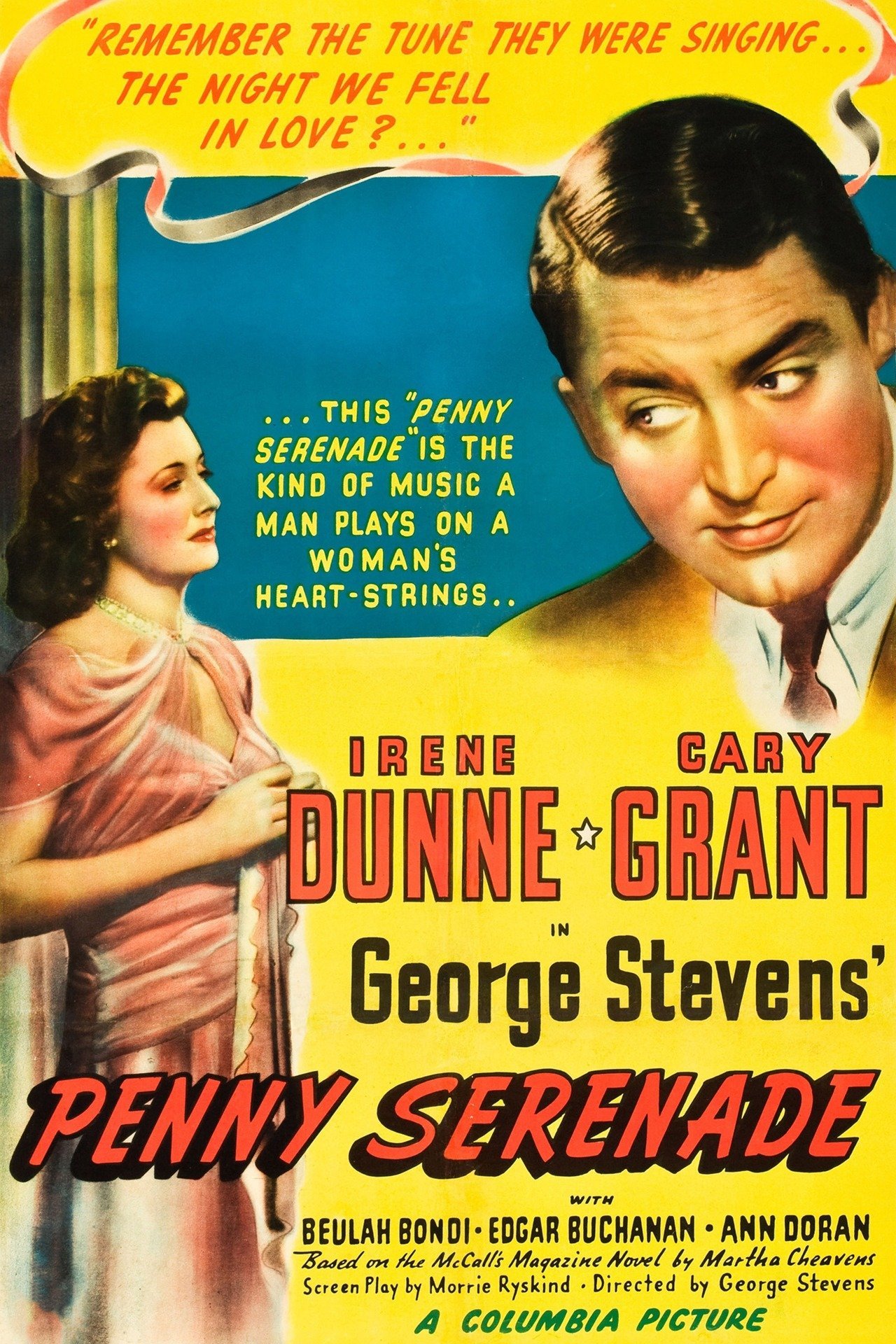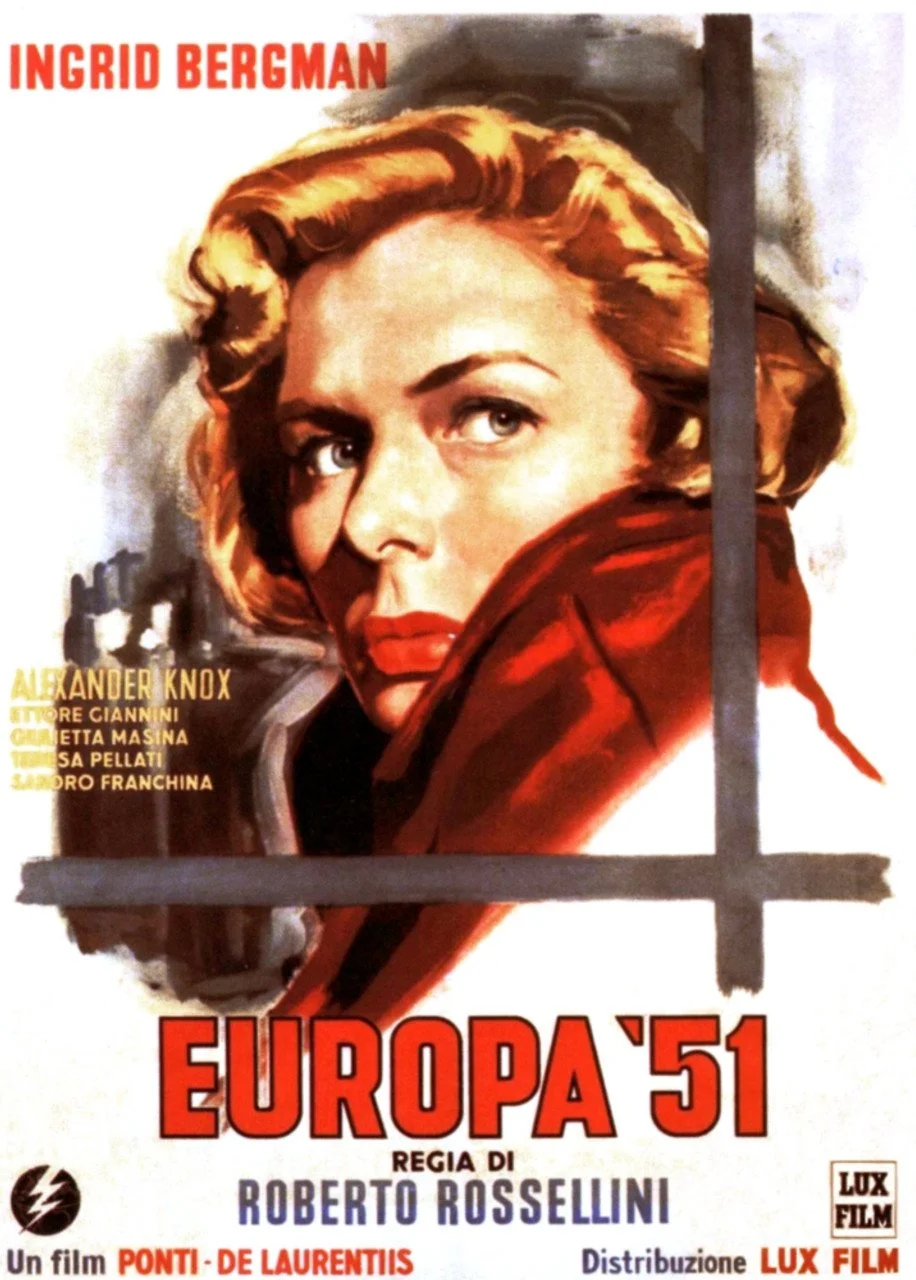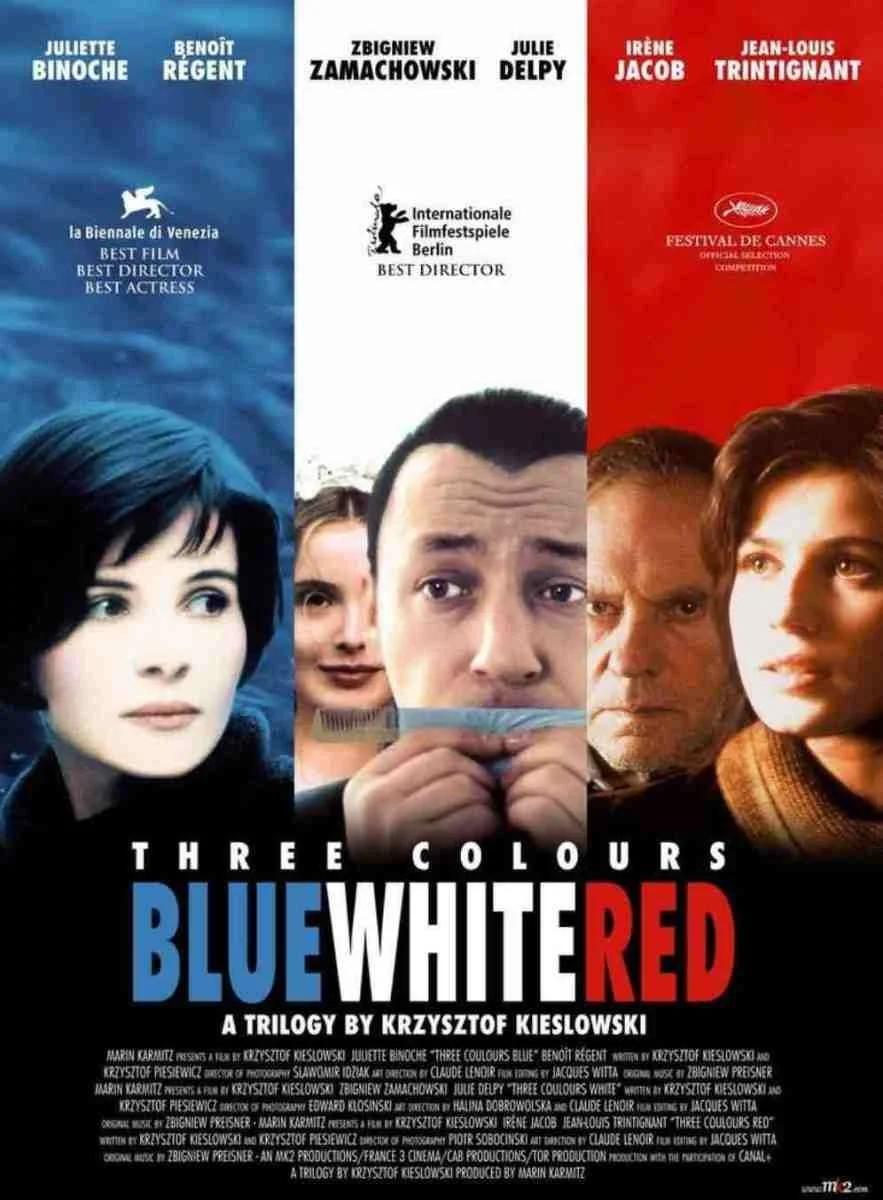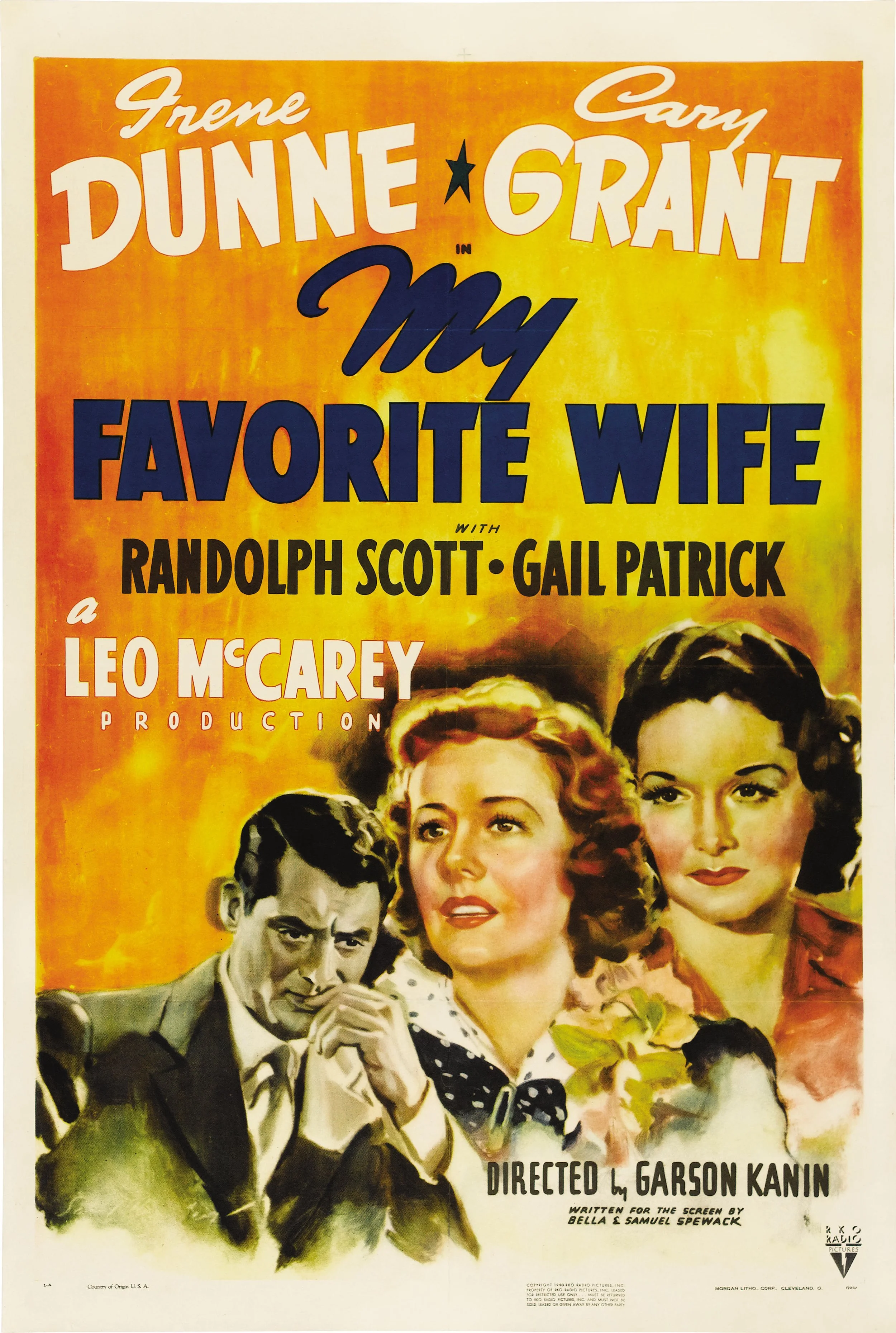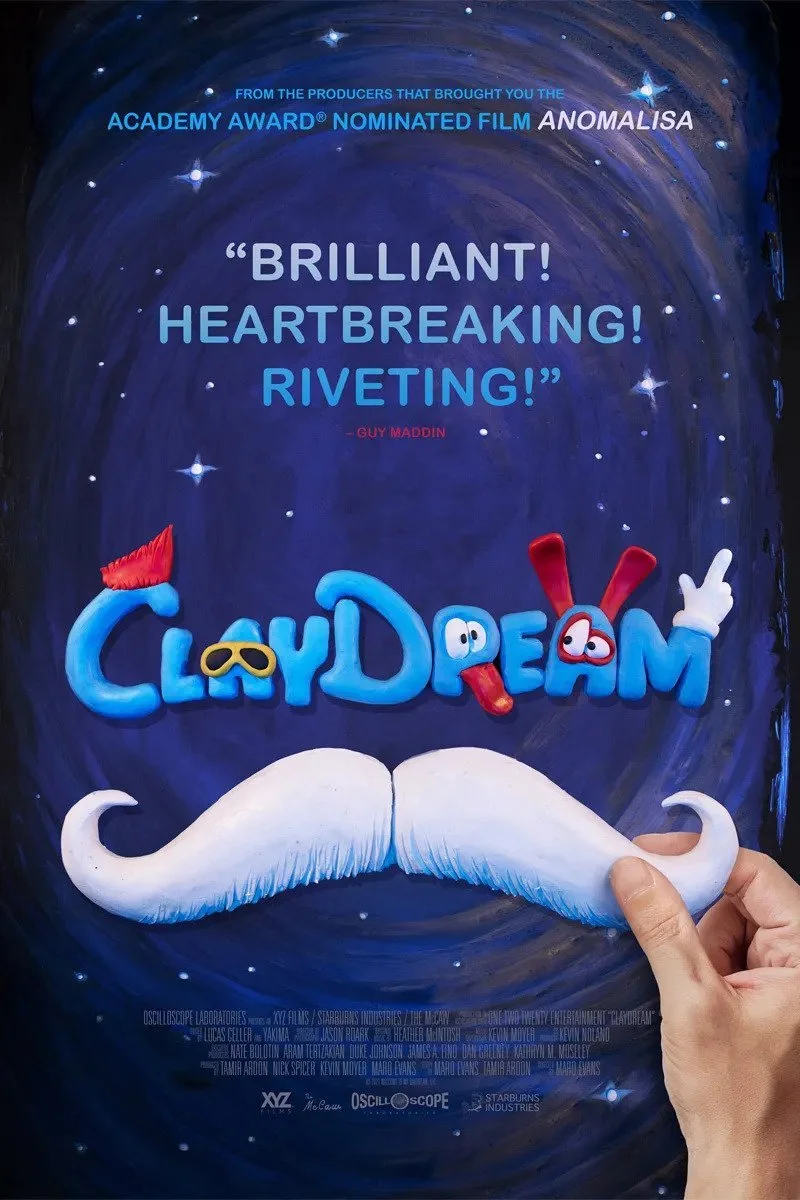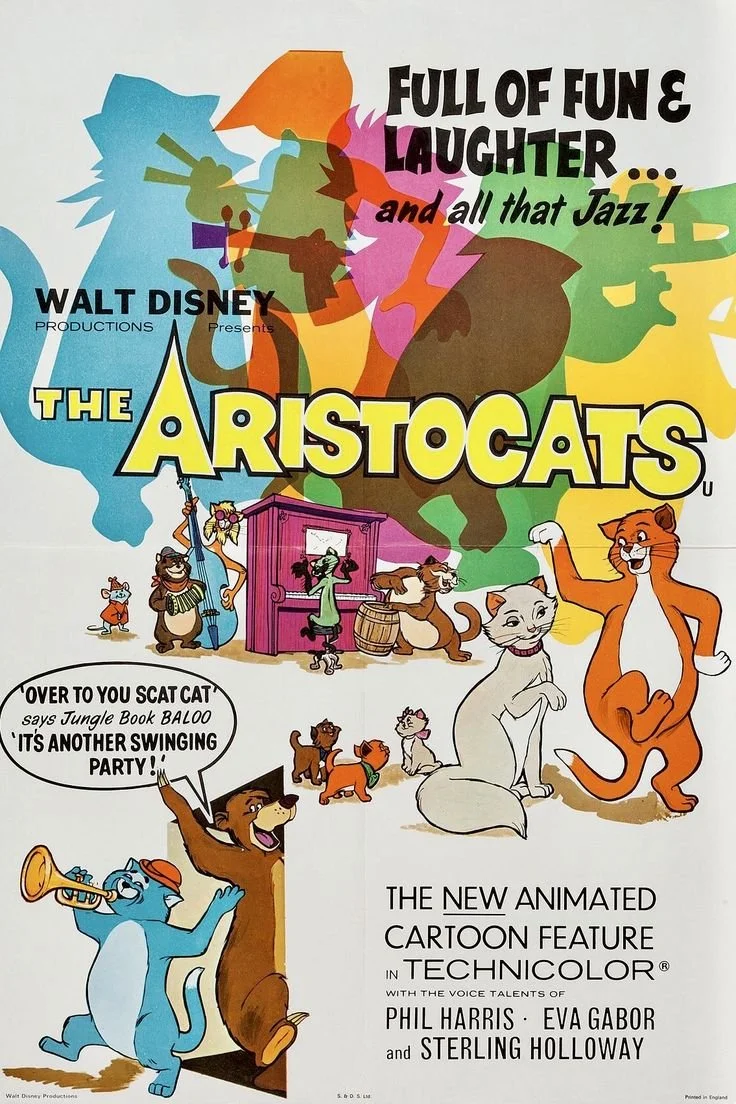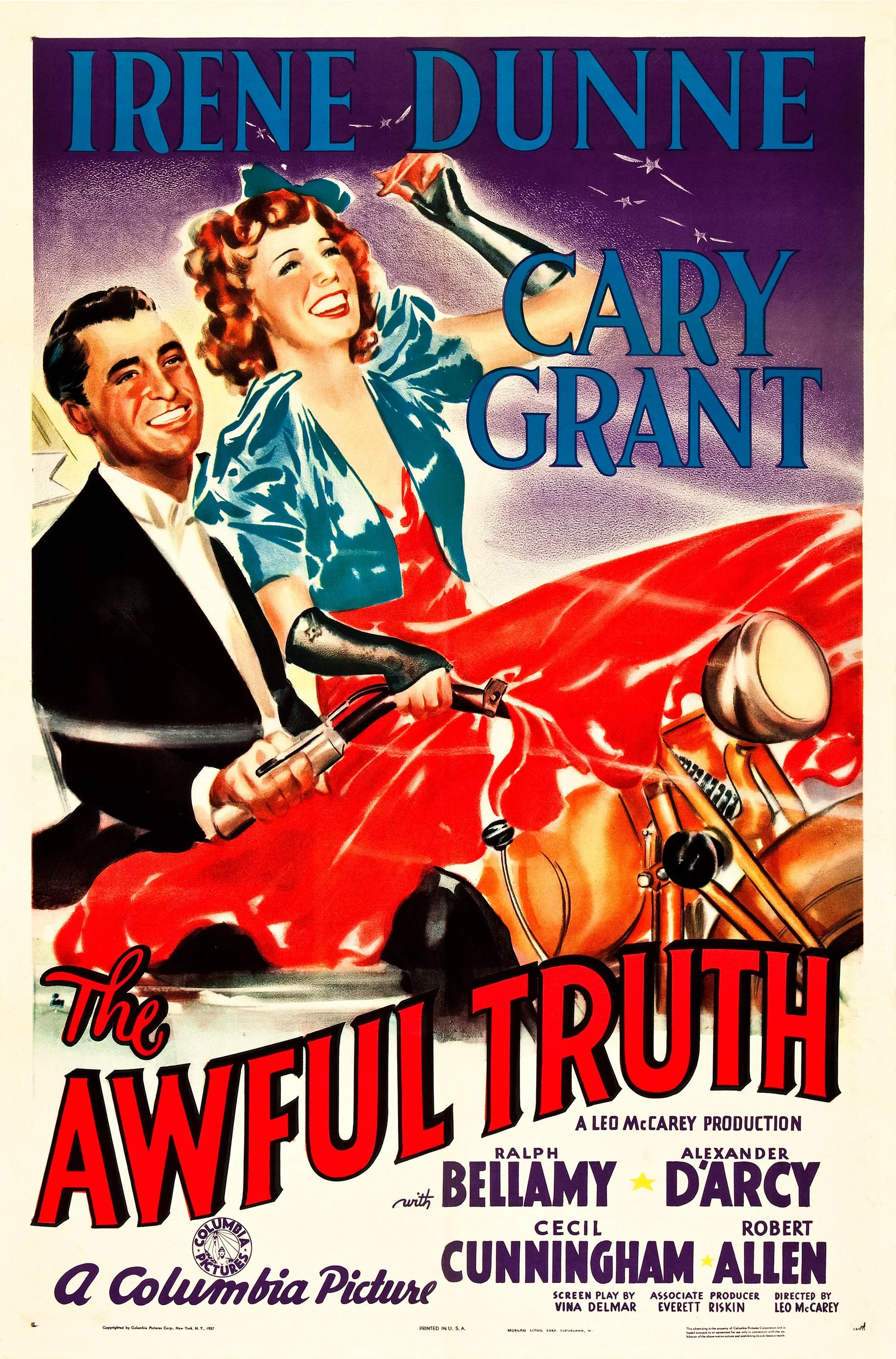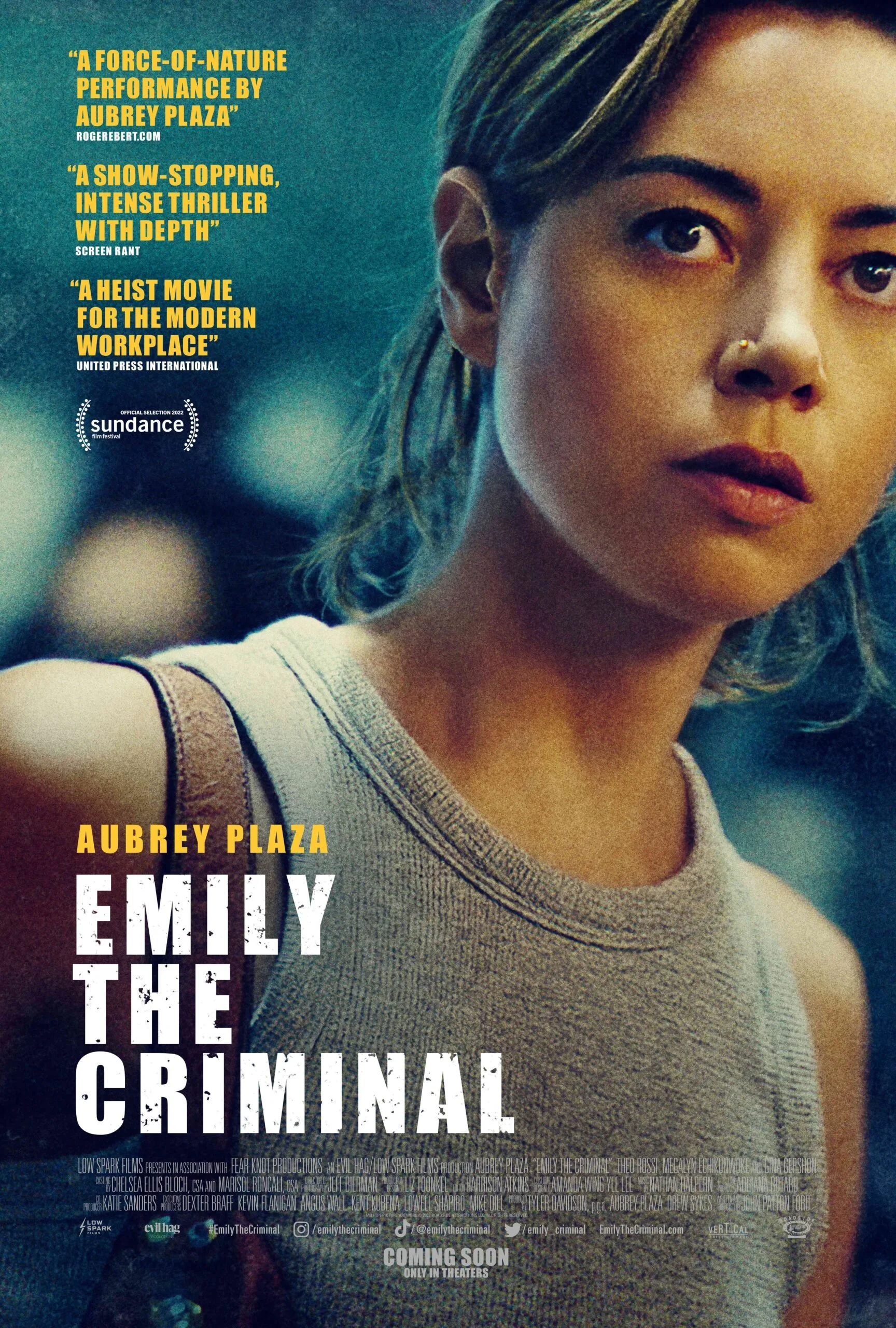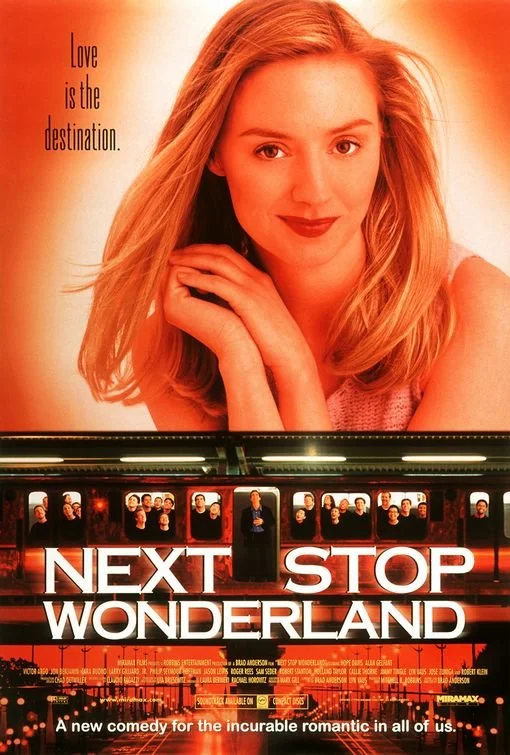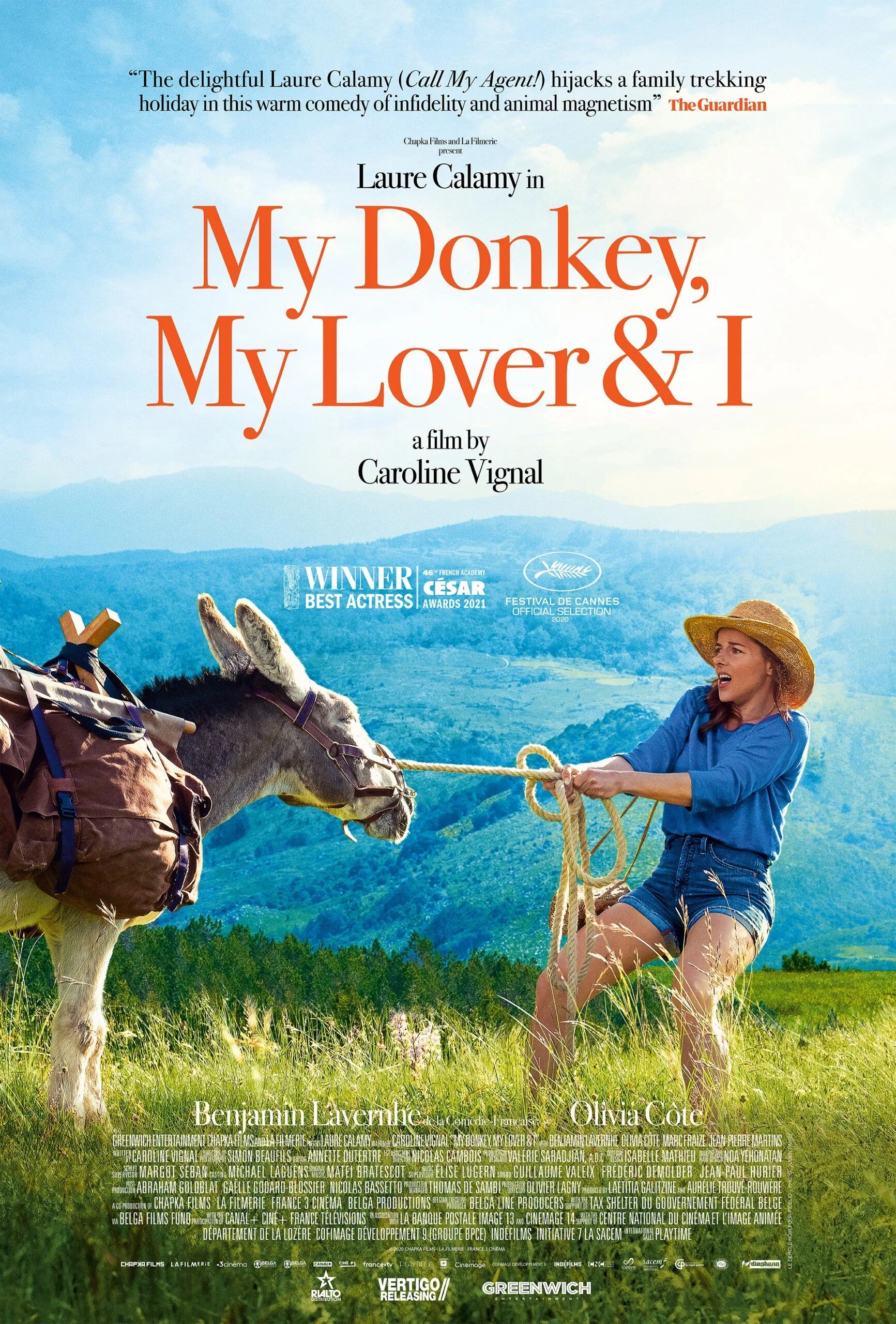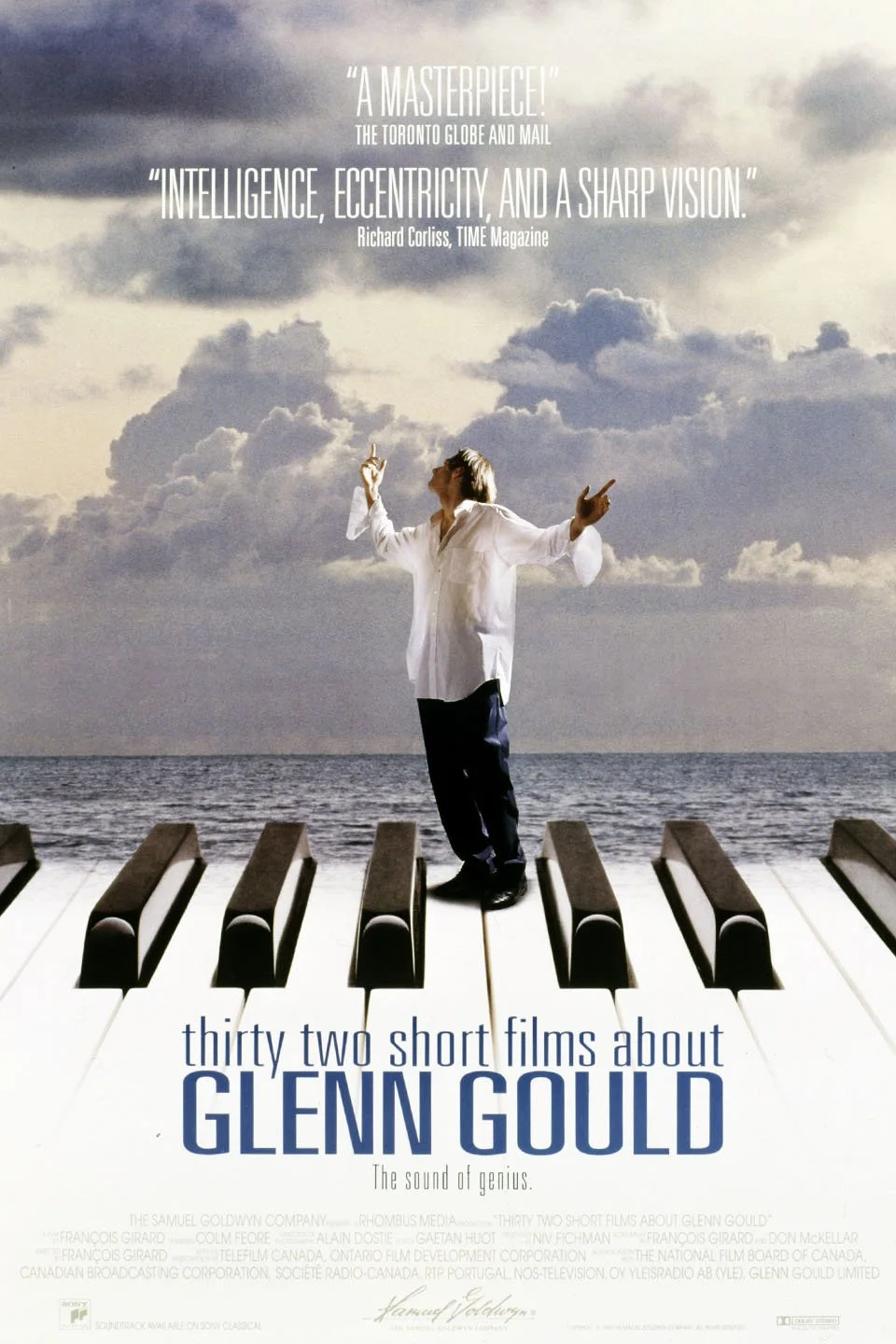The final pairing of Irene Dunne and Cary Grant bears almost no resemblance to their earlier two films, The Awful Truth and My Favorite Wife – which, as returning readers may recall, are effectively the same movie. In those films, Dunne and Grant trade volleys of sharp-witted dialogue in an escalating battle for position over the other. The movies have a near-anarchic approach in their pursuit of the laugh. In short, they are comedies. Penny Serenade is not. It’s a classic Hollywood melodrama weeper as unquestionably calculating as it is effective.
Read MoreIn Fyodor Dostoevsky’s novel The Brothers Karamazov, a character remarks “Love in action is a harsh and dreadful thing compared with love in dreams.” Rarely has this been shown on screen more effectively than in Roberto Rossellini’s 1952 film ‘Europa 51, where the love isn’t the sentimentalized love between a man and a woman, but one woman’s unconditional love for humanity.
Read MoreBleu begins with Julie (Juliette Binoche), being the only survivor of a tragic car wreck that kills her husband and five-year-old daughter. She is injured, but survives, in body, at least. In her soul, she closes down entirely, deciding to live her life with no connections, she doesn’t want to own anything, or make new memories. The only person she still sees is her mother, in a care home, whose dementia means that she rarely knows who Julie is anyway. She moves out of her house, sells all her belongings, and lives in an apartment in an area where she knows no one. Of course, life finds a way to intrude on her plans.
Read MoreThree years after the success of The Awful Truth, Irene Dunne & Cary Grant were paired again in another screwball comedy produced and co-written by that first film’s director, Leo McCarey. This reunion leans heavily – and I do mean heavily – on the foundation laid by its predecessor. Though the names are different, the lead characters are essentially the same: urbane, witty, and navigating a difficult marital situation. Dunne is more confident and decisive, Grant more flustered and circumspect. The narrative structure even matches the first – minimal exposition, clear act breaks, competing romantic partners, and an almost identical resolution. If the guiding notion was “if it’s not broken, don’t fix it” then they mostly succeeded. Except that the premise this time is, to coin a phrase, totally bonkers.
Read MoreI recently went to see Marq Evans’ documentary Claydream not knowing much about it, it was a whim based on my love of stop-motion. It tells the story of Will Vinton, one of the pioneers of claymation. I had heard Vinton’s name mentioned before, but knew nothing of him. While watching the film I was fascinated by his story, his techniques, and the persistence of his spirit.
Read MoreWe all have the Disney movies that belong to us, that are our own Disney movies that were new when we were kids. Of course, before video and streaming there were re-releases, but the ones that truly belonged to us were the brand new ones. Not to mention the fact that there usually were record albums that contained the story as well as the songs. Disney always knew how to catch us young.
Read MoreIn the four-year span from 1937 to 1941, Irene Dunne & Cary Grant co-starred in three different films, from two different studios, and three different directors. Two comedies (The Awful Truth and My Favorite Wife) and one difficult to classify melodrama/tragedy/romance (Penny Serenade). Though they’d already had, and would continue to have, widely-acclaimed and popular success on their own – Dunne with Love Affair and I Remember Mama, Cary Grant with, well, being Cary Grant – there is a particular kind of crackle between them in these three films that is as exciting as exists in any of the more often heralded movie partnerships of Hollywood’s Golden Age: Hepburn & Tracy, Powell & Loy, Hope & Crosby, etc.
Read MoreEmily the Criminal is the story of Emily, no surprise there, played by Aubrey Plaza. She doesn’t start out the movie as a criminal, she is just an underemployed young woman with a massive amount of student loan debt, unable to get a better job due to a felony conviction in her past.
Read MoreIt's remarkable then that 1998’s Next Stop Wonderland somehow manages to be both genuinely romantic and comedic with multi-dimensional lead characters in an original story that surprises while remaining firmly ensconced within a traditional Romantic Comedy architecture. Incredible? Impossible? Unrealistic? Indubitably! But as is true in any film of the genre those obstacles disintegrate in the face of true love and, I have to admit, I truly love this movie…
Read MoreWhile the summer season is coming to an end, it’s often known as a time of big loud blockbusters, but it’s also a time of sleepers that surprise you, and you share with friends. Since I normally write about one movie, I’ve decided to write about two that I recently saw, and would love to turn people on to.
Read MoreBodies Bodies Bodies is a reasonably fun little horror film with a good amount of laughs. It’s not bad at all, but neither is it entirely great. It’s a base hit…
Read MoreFurther digressing from the professed theme, this week’s film centers on a person so far into the margins of rock music that he’s a classical pianist. However, it earns inclusion due to its merit as an extremely successful example of a thankfully untraditional musical biography. Because a person’s history can’t be contained in their high highs and low lows, an accurate life story has to include countless digressions into the ordinary, off-topic, and non-narratively dependent. Happily, all of these are included among the eponymous thirty-two short films.
Read More
